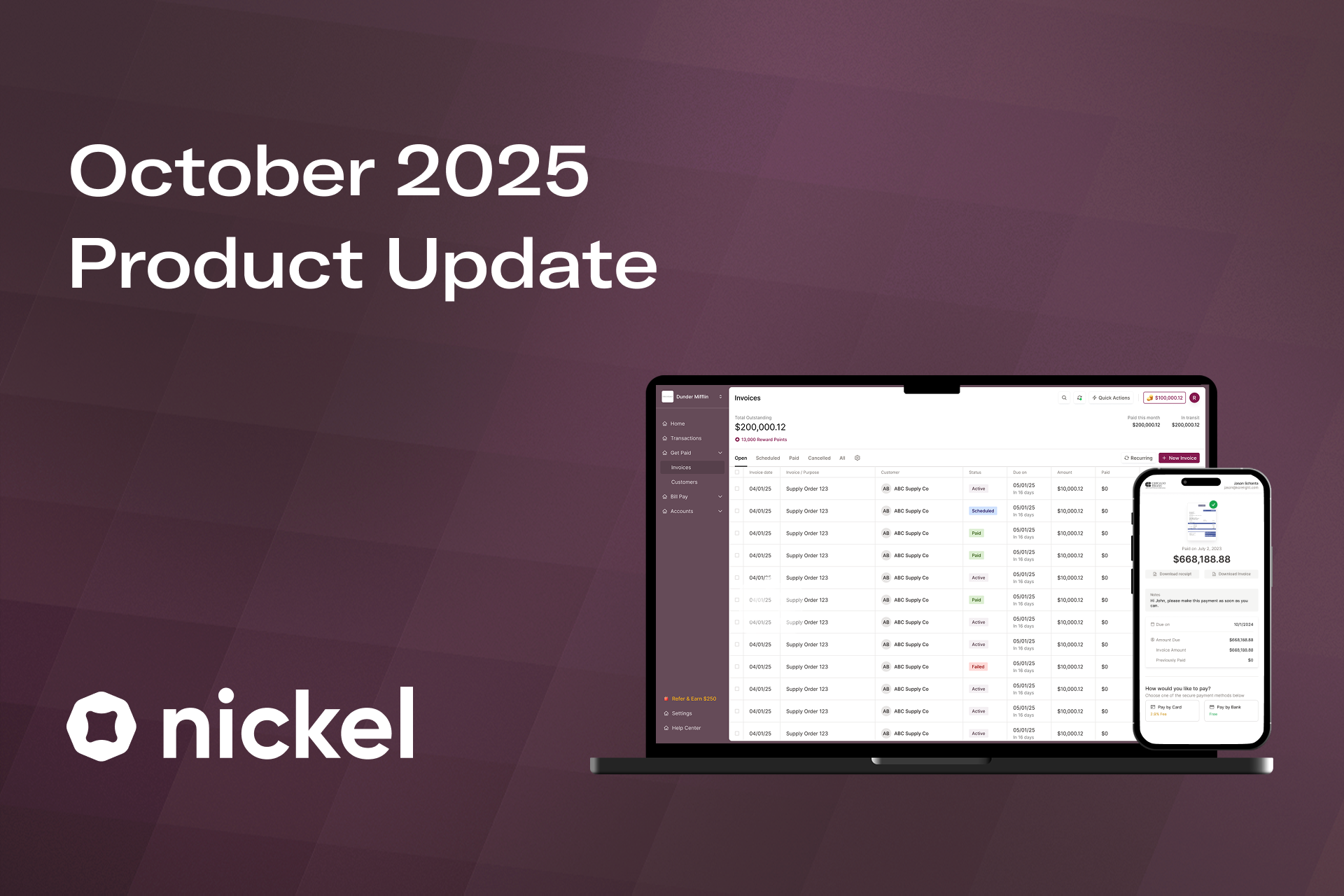When you’re unpaid on a private construction project, you usually have the option to file a mechanics lien. The lien attaches to the property, preventing transfers or sales until the debt is settled. But what happens when the federal government is the property owner? You can’t file a lien against federal property. That’s where the Miller Act comes in.
The Miller Act (40 U.S. Code § 3131) requires prime contractors on federal construction projects to post performance and payment bonds, which protect subcontractors and suppliers. This act is your go-to solution when you're dealing with a federal project and haven't been paid. Let's break it down and look at the key things you need to know.
1. Who’s Covered Under the Miller Act?
The Miller Act provides two main types of protection through bonds:
- Performance Bonds: These ensure the contractor completes the project according to the contract. If they fail, the surety steps in to finish the work or compensate the government.
- Payment Bonds: These protect subcontractors, laborers, and suppliers by ensuring they get paid for the work or materials they provide. If the contractor fails to pay, these parties can make a claim against the bond to recover their costs.
This law covers all federal construction contracts over $100,000, making sure suppliers and subcontractors aren’t left out to dry if the prime contractor doesn’t pay up.
2. Prime Contractors vs. Subcontractors and Suppliers
If you’re a prime contractor, the Miller Act won’t do you any good. Your contract is with the government, so any payment issues will have to be dealt with through a direct contract claim against the government. Forget about the bond or Miller Act deadlines—those aren’t for you.
But if you’re a first-tier subcontractor or supplier, you’re in luck. You can sue the surety on the payment bond if the prime contractor doesn’t pay you. Just remember—you’ve got a 1-year window from the last date you provided labor or materials to file your claim.
3. Second-Tier Subcontractors and Suppliers
Things get a little more complicated if you’re a second-tier subcontractor (working under a first-tier subcontractor). You can still file a claim, but you need to send a Miller Act Notice to the prime contractor within 90 days of the last day you provided work or materials. You don’t have to notify the surety, but it’s often a good idea to keep them in the loop.
If you don’t send this notice on time, you could lose your right to claim against the bond. After the notice, you still have a year to bring a lawsuit against the bond if you’re not paid.
4. Third-Tier Subcontractors and Suppliers
If you’re a third-tier subcontractor or a supplier to a supplier, here’s the tough news: the Miller Act doesn’t protect you. Your only option is to seek payment from the party you directly contracted with, and the federal payment bond won’t cover you.
5. Your Right to the Bond
If you’re not getting paid, you have the right to request a copy of the bond and contract. To do this, send an affidavit to the contracting agency confirming that you provided labor or materials and haven’t been paid. This allows you to get the information you need to start the claims process.
Why the Miller Act Matters
The Miller Act is designed to protect the flow of payments in federal construction projects, ensuring that everyone gets paid for their work, from the prime contractor down to the first-tier subcontractors and suppliers. And because you can’t file a lien on federal property, the payment bond is your best shot at securing payment.
Deadlines and Notices: What You Need to Remember
- First-tier subcontractors and suppliers: You’ve got 1 year from the last date of work or supply to file a lawsuit.
- Second-tier subcontractors and suppliers: You must send a notice to the prime contractor within 90 days of your last work or supply date. After that, you have 1 year to file suit.
If you’re working on a federal project and haven’t been paid, time is of the essence. Make sure you meet all the deadlines, and don’t hesitate to seek legal advice if you’re unsure of the process.
The Miller Act is your safety net for getting paid on federal jobs. Knowing how to navigate it can save you a ton of headaches—and money. So next time you're working on a federal project, make sure you're covered by the bond and don’t let the clock run out on your rights.
Don't miss these articles
Make every Nickel count
Join 10,000+ businesses paying and getting paid on Nickel






